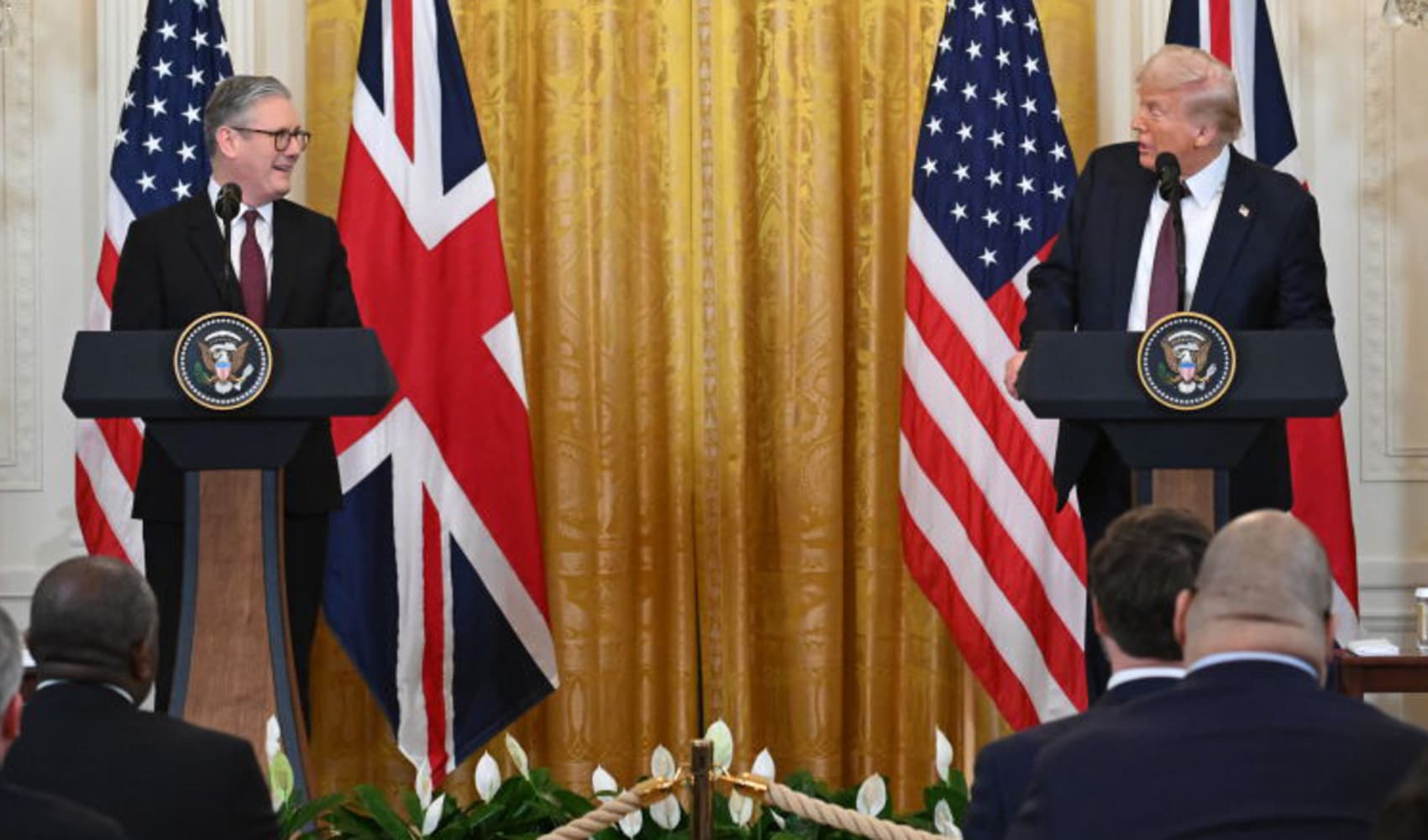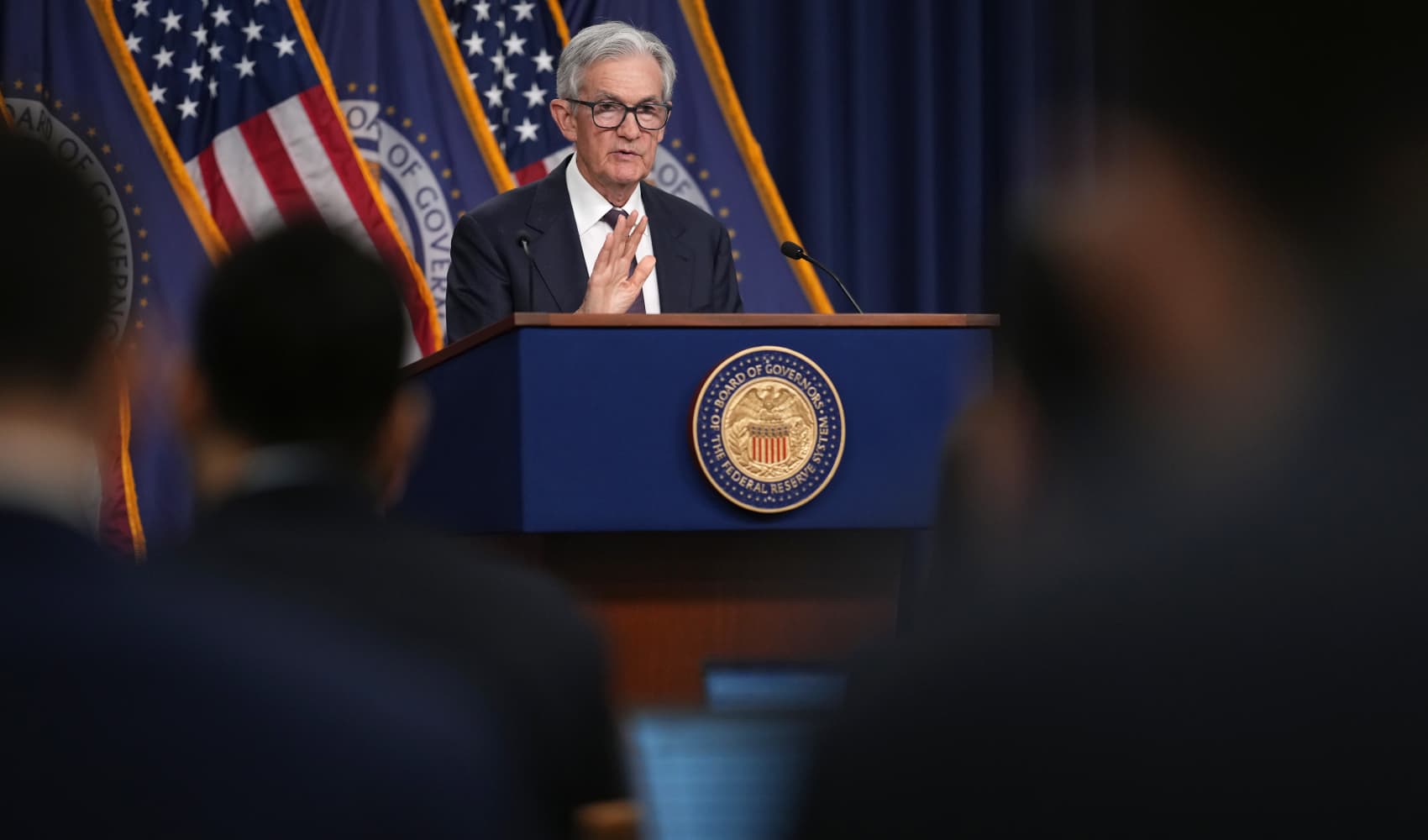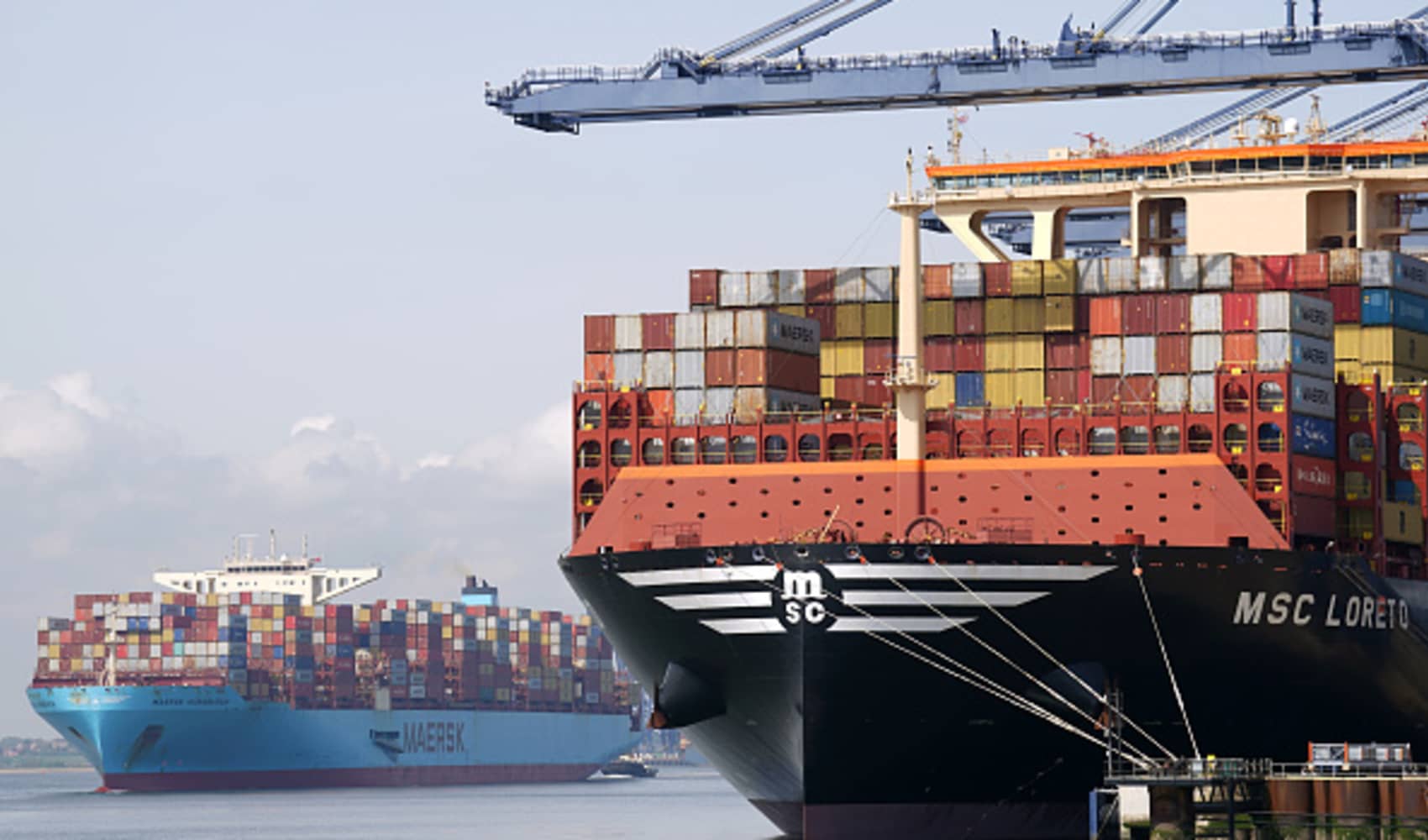US-UK Trade Deal: Trump Announces a "Comprehensive" Agreement
Trump Declares "Comprehensive" US-UK Trade Deal: A New Era?
Introduction: A Transatlantic Breakthrough?
Get ready for a potentially seismic shift in global trade! Former U.S. President Donald Trump has announced what he describes as a “full and comprehensive” trade agreement with the United Kingdom. This news, delivered with characteristic fanfare, raises a lot of questions. What does this deal *really* entail? How will it impact businesses and consumers on both sides of the Atlantic? And is this the beginning of a beautiful (and lucrative) friendship, or a temporary truce in the ongoing trade wars? Let’s dive in!
Breaking News: The Official Announcement
President Trump declared on Thursday that the United States had struck a “full and comprehensive” trade deal with the United Kingdom. A news conference was scheduled at the White House, specifically in the Oval Office, at 10:00 a.m. ET (3 p.m. London time) to elaborate on the details.
The Backdrop: "Reciprocal" Tariffs and Trade Deficits
Remember the "reciprocal" tariffs that sent shivers down the spines of trade partners worldwide? Well, the UK, despite its trade deficit with the U.S., managed to avoid the steepest increases when Trump initially unveiled those "liberation day" duties. That being said, it wasn’t entirely unscathed, facing a baseline 10% levy. This new deal promises something more, but exactly what? Let’s explore further.
Britain First? The Race to a US Trade Deal
The reported trade deal positions Britain as the *first* nation to ink such an agreement with the U.S. following the imposition of those much-discussed "reciprocal" tariffs. This is quite a feather in the UK's cap, suggesting a strong and preferential relationship with the U.S. at a critical juncture. Why did Britain get to the front of the line? What did they offer, or agree to, in order to secure this advantage?
Decoding "Comprehensive": What Does It Actually Mean?
President Trump used the word "comprehensive" to describe the deal. But what does that really mean in the context of trade agreements? Does it encompass all sectors of the economy? Does it address issues beyond tariffs, such as regulatory alignment, intellectual property protection, and digital trade? A truly comprehensive deal would delve into these complex areas.
Winners and Losers: Who Benefits From This Deal?
Identifying Potential Beneficiaries
Every trade agreement creates winners and losers. Which industries in the U.S. and the UK stand to gain the most? Think about sectors like agriculture, technology, financial services, and manufacturing. And who might be negatively affected? Perhaps industries that face increased competition or those reliant on specific supply chains that are disrupted by the new agreement. Let’s analyze these possibilities.
The Political Angle: A Post-Brexit Boost for the UK?
For the UK, this deal is particularly significant in the post-Brexit landscape. It provides an opportunity to demonstrate its economic independence and forge new trade relationships outside the European Union. Is this a triumph of Brexit? Or a necessary step to mitigate the economic fallout of leaving the EU? The answer probably lies somewhere in the middle.
Beyond Tariffs: The Non-Tariff Barriers
Addressing Regulatory Divergence
While tariffs often steal the spotlight, non-tariff barriers (NTBs) can be just as significant. These include regulatory differences, standards, and conformity assessments. Does this deal address these NTBs? Harmonizing regulations, even partially, can dramatically reduce trade costs and facilitate smoother trade flows. Will both nations embrace it? Time will tell.
Intellectual Property: Protecting Innovation
Intellectual property (IP) protection is crucial in today's knowledge-based economy. Does the trade agreement include strong provisions for safeguarding IP rights, such as patents, trademarks, and copyrights? Robust IP protection encourages innovation and investment, but can also lead to disputes if not carefully balanced. This detail will be key to overall success.
Digital Trade: The Future of Commerce
E-Commerce and Data Flows
Digital trade is rapidly transforming the global economy. Does the deal address issues such as cross-border data flows, e-commerce regulations, and cybersecurity? A modern trade agreement should facilitate digital trade while also protecting consumer privacy and data security. Is this deal future-proofed for the digital age?
Agriculture: A Contentious Sector
Agriculture is often a sensitive area in trade negotiations, with concerns about protecting domestic farmers and ensuring food safety. Does the agreement address agricultural trade, and if so, how? Will there be increased access for U.S. agricultural products in the UK market, and vice versa? This is often a major sticking point in trade deals.
Investment Flows: Attracting Foreign Capital
Trade agreements can also impact investment flows. Does the deal include provisions to encourage foreign direct investment (FDI) between the U.S. and the UK? Lowering investment barriers and creating a more stable and predictable investment climate can attract significant capital inflows, boosting economic growth.
The Global Impact: Ripples Across the World
Implications for Other Nations
Trade agreements don't exist in a vacuum. They can have significant ripple effects on other countries. How might this deal affect the EU, China, and other major trading partners? Will it lead to new trade disputes or inspire other nations to pursue similar agreements? The global trade landscape is constantly evolving.
Challenges Ahead: Potential Roadblocks
Navigating Political and Economic Hurdles
Even with an agreement in principle, challenges remain. Ratification processes, potential disputes over interpretation, and unforeseen economic or political events could all derail the deal. Success requires ongoing commitment and cooperation from both sides.
Measuring Success: Key Performance Indicators
How will we know if this trade agreement is truly successful? Key performance indicators (KPIs) could include increased trade volumes, higher investment levels, job creation, and improved consumer welfare. Tracking these metrics over time will provide a clearer picture of the deal's impact. But can it overcome current inflation and a potential recession?
Conclusion: A New Chapter in US-UK Relations?
The announcement of a “comprehensive” trade deal between the U.S. and the UK marks a potentially significant moment in transatlantic relations. While the full details remain to be seen, the agreement promises to reshape trade flows, investment patterns, and economic opportunities. Whether it lives up to the hype remains to be seen, but it's undeniably a story worth watching closely. The world of global commerce may never be the same.
Frequently Asked Questions
- What are "reciprocal" tariffs and why were they implemented?
Reciprocal tariffs are duties imposed on imports to match those levied on exports by another country. They are generally implemented to pressure trading partners into reducing their own tariffs or to retaliate against perceived unfair trade practices. These were often used by the Trump administration.
- How does this trade deal differ from previous trade agreements between the U.S. and the UK?
This trade deal is unique because it's the first major agreement negotiated *after* Brexit, allowing the UK to set its own trade policy independently. Previous agreements were largely influenced by the UK's membership in the EU.
- What are the potential risks and downsides of this trade deal for consumers in the U.S. and the UK?
Potential downsides include increased competition for domestic industries, which could lead to job losses in some sectors. Consumers might also see changes in the prices and availability of certain goods and services.
- How will this trade deal affect small and medium-sized businesses (SMEs) in both countries?
The deal could create new export opportunities for SMEs, but they may also face increased competition from larger companies. Access to information, resources, and trade finance will be crucial for SMEs to capitalize on the agreement.
- What happens if either the U.S. or the UK decides to withdraw from the trade deal in the future?
The specific procedures for withdrawal would be outlined in the text of the agreement. Typically, there would be a notification period and potentially a period of consultation before the withdrawal takes effect. However, given the potential political and economic consequences, withdrawal would likely be a complex and contentious process.


